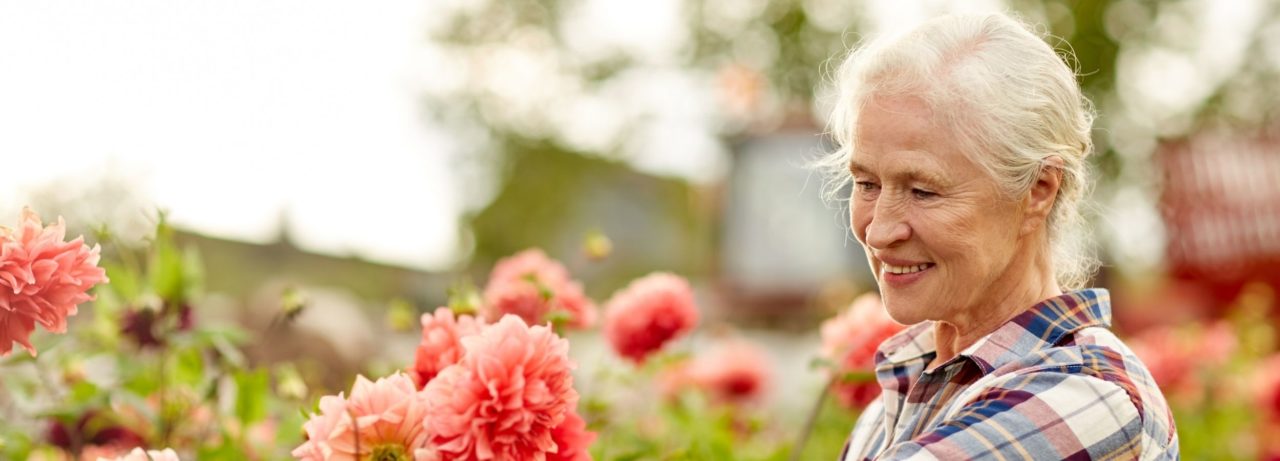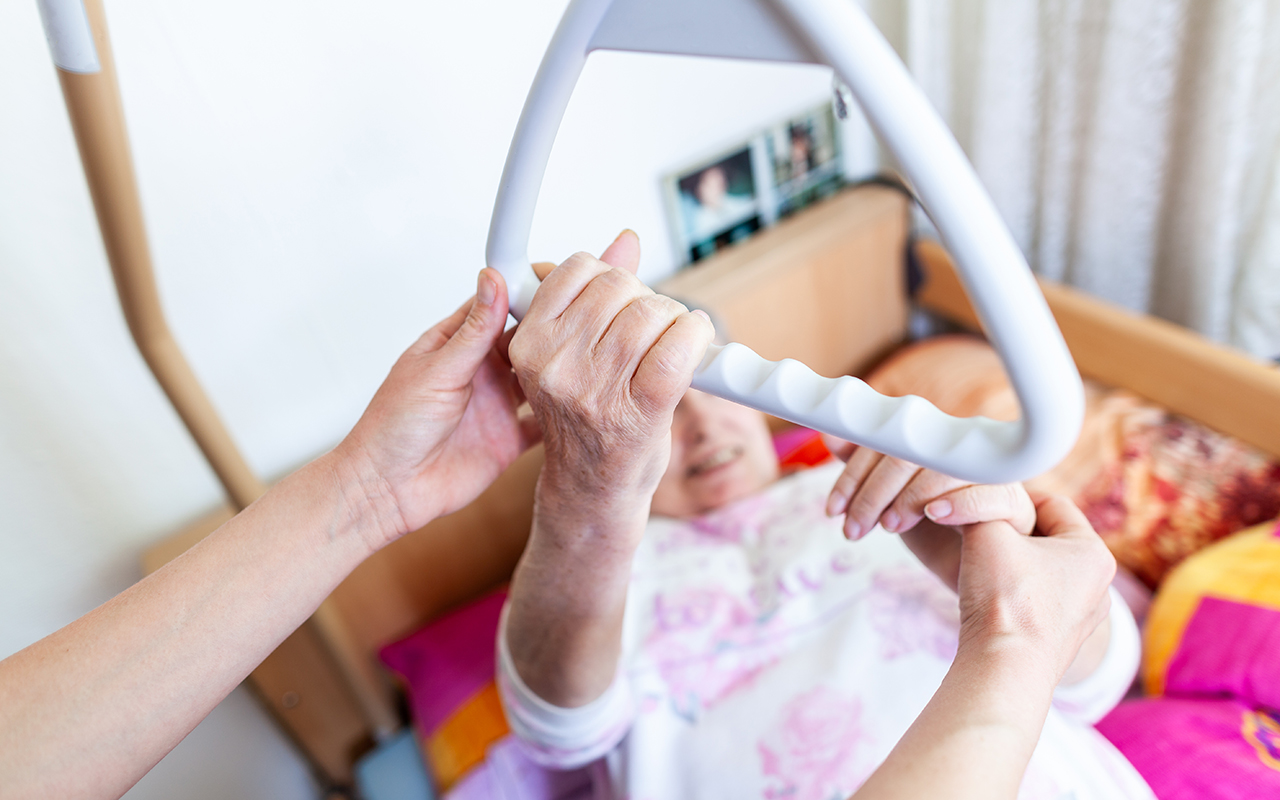Share
Interacting with nature by gardening has therapeutic results on our aging loved ones.
Gardening is a low-impact exercise that helps improve a person’s physical and mental health; the therapeutic advantages don’t stop there. Being able to grow your supply of healthy fruits and vegetables is an underrated skill set.
Gardening also offers stress relief and relaxation, vital components in maintaining a senior citizen’s wellbeing. That said, here are our best garden care tips for seniors;
Stay Safe
Gardening is a physical activity that requires, at the very least, basic safety precautions. These may include actions taken to prevent injuries from farming implements and physical injuries from overexertion. Here are some safety tips for elderly gardening enthusiasts.
1. Stay hydrated and avoid prolonged direct exposure to sunlight. Outdoor gardening poses the risk of sunstrokes, dehydration, and sunburns. We recommend that seniors only practice gardening in the morning or late evenings when it is cooler. Besides this, be sure to stay hydrated and take regular breaks. A tube of sunscreen can also be a wise addition.
2. Wear protective gear such as heavy-duty gloves and work boots to prevent the risk of blistering and piercing injuries from splinters and thorns.
3. Senior citizens should always be in the company of a caregiver in case they require urgent help. Gardening is also more fun when more people and loved ones are involved in the activity.
Carry the Right Tools
Proper garden care involves using the right tools to perform specific tasks. Carrying the right gardening tools ensures that senior citizens reduce joint strain and minimizes the risk of injury.
Tool ergonomics go a long way in keeping senior gardening enthusiasts active and useful. When you use the proper equipment, gardening can help improve an aging loved one’s physical strength and provide mental stimulation.
Pick the Right Plants to Grow
Choosing which plants to grow in your garden is a process predicated on a few variables, including weather/soil conditions and the personal needs of the gardener. It is advisable to grow plants that aren’t too difficult to maintain and varieties that offer the greatest health benefits.
The best part about hobby gardening is that there is potential for economic gain. Depending on the type of plant and its flowering time, seniors can even complement their incomes while staying in top shape.
Having a certified caregiver on hand can help to ensure that your loved’s one environment is safe and clean while also providing backup for any heavy lifting. Caring Home Care’s coordinators can match your family with a certified caregiver based on specific needs ensuring that they receive the right care for the exact need.
How Caregivers Can Reduce Injury While Assisting Seniors Providing daily care for seniors is meaningful work. It can also be physically demanding. Many caregiver injuries happen during lifting, transferring, or repositioning seniors. These injuries are often preventable when proper techniques are used. Learning caregiver injury prevention strategies protects both the caregiver and the senior. It
Why Professional Home Care Is Safer Than Family Only Care Caring for an aging loved one is deeply personal. Many families step in with the best intentions. However, as care needs increase, family only caregiving can become overwhelming and risky. This is where professional home care plays a critical role. Professional caregivers are trained, experienced,
Connecting During the Thanksgiving Holiday: How to Support Your Elder Relatives The Thanksgiving holiday is a time filled with warmth, gratitude, and meaningful family traditions. However, for many older adults, it can also be a period of loneliness or emotional distance. This is especially true for seniors who live alone, have limited mobility, or are
Transition to In-Home Care: Helping Seniors Adjust Comfortably to Elderly Care Services Understanding the In-Home Care Transition The decision to begin in-home care is a big step for both seniors and their families. It often marks the start of a new chapter—one focused on safety, comfort, and support. However, the in-home care transition can bring
Need A Caregiver? Fill Out Form Below
With our competitive rates, we make receiving in-home care affordable regardless of whether you’re using your insurance or paying out of pocket.







